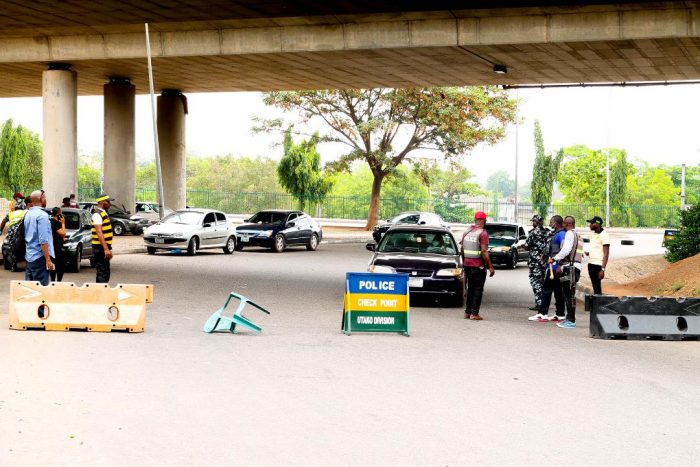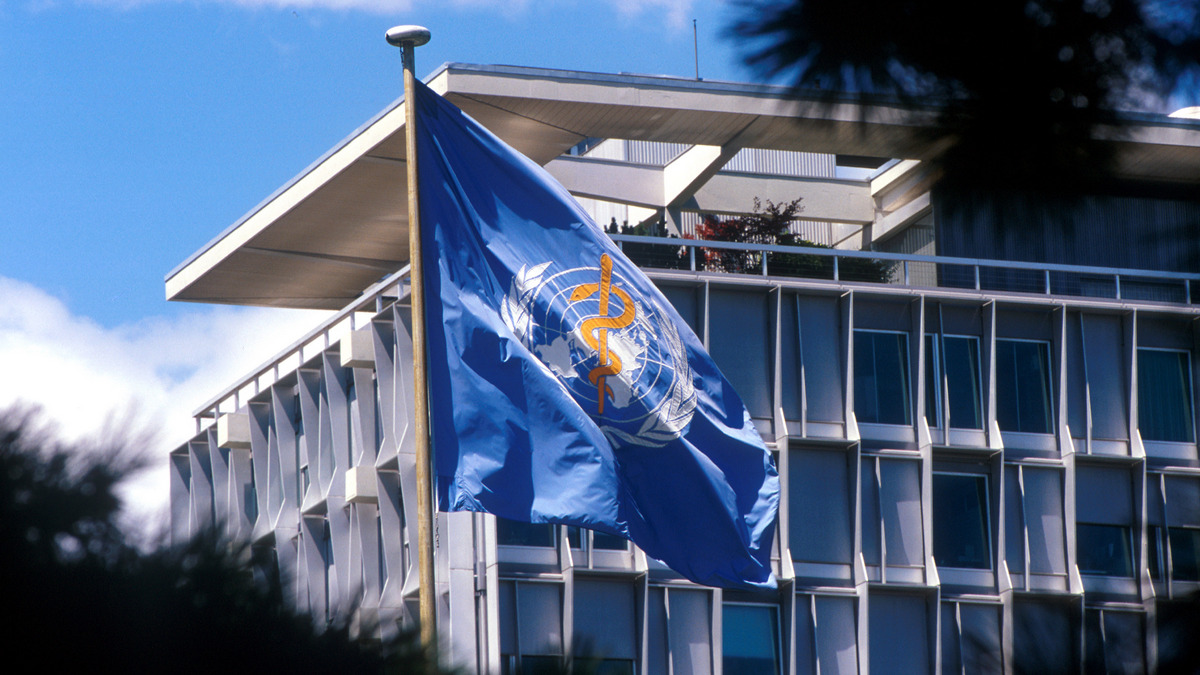A new study has found that the lockdown declared between March and May 2020, may have prevented over five million COVID-19 infections across Nigeria.
The federal government had declared a total lockdown in Lagos, Ogun, Kano, and the federal capital territory (FCT) as part of efforts to slow the spread of the virus at the time; there was also a nationwide curfew which was initially from 10pm till 4am, but has now been relaxed to run from 12 midnight till 4am.
The study, published on Wednesday in JAMA Network Open, a medical journal of the American Medical Association, focused on “aggregated anonymised mobility data from smartphone users in Nigeria who opted to provide location history (from a pool of up to 40 million individuals)”.
The team of nine researchers, drawn from Nigeria, South Africa and the US, worked on data collected between February 27 and July 21, 2020, and found that “restricted mobility” worked to prevent coronavirus infections.
Advertisement
“Results from the validation exercise indicate that the observed and estimated number of individuals with SARS-CoV-2 infection over the study period (daily and cumulative) were similar and root mean squared logarithmic errors were low,” the study reads.
“At the end of the period, 37 782 individuals had RT-PCR–confirmed SARS-CoV-2 infections in Nigeria. The Poisson model estimated that there would have been 5 780 161 individuals with SARS-CoV-2 infections if closures and restrictions had not been initiated and if everything else remained the same.
“Hence, an estimated 5 742 379 averted infections may have been associated with initiating closures and restrictions.”
Advertisement
The researchers, however, added that restriction of movement may not work well for a long-term approach, and called for strict compliance with COVID-19 protocol.
“Our findings support the use of restricted mobility as a measure for infection control in Nigeria should there be additional COVID-19 waves in the future. However, as restrictions on movement are unsustainable in the long term, future closures and restrictions, if warranted, need to be more effective,” they said.
“Suggested areas for improvement include tougher restrictions on movement and more robust contact tracing in residential areas, transit hubs and workplaces; greater testing capacity and more political support for testing; greater access to COVID-19 data for policy and process evaluation to identify opportunities for efficiency gains; and more personal responsibility above and beyond the public health campaign dubbed the 3 Ws (ie, washing hands [or using hand sanitizer] regularly, wearing a cloth mask over the nose and mouth, and waiting 6 feet apart [or social distancing]).”
The researchers are listed as Daniel O. Erim, Gbemisola A. Oke, Akinyele O. Adisa, Oluwakemi Odukoya, Olalekan A. Ayo-Yusuf, Theodora Nawa Erim, Tina N. Tsafa, Martin M. Meremikwu, and Israel T. Agaku.
Advertisement
Add a comment






